Optimal Seasons for Artificial Pet Turf Installation
Artificial pet turf installations can be performed year-round, but optimal timing depends on weather conditions and project scope. Moderate temperatures and dry weather facilitate easier installation and better turf longevity. Planning installations during seasons with minimal rainfall reduces delays and ensures proper drainage setup.
Spring and early fall are preferred due to milder temperatures and lower precipitation, making installation smoother and more efficient.
Avoid installations during extreme heat or heavy rain to prevent turf damage and ensure proper adhesion and setting.
Allow sufficient time for site preparation, especially in areas prone to moisture, to prevent future drainage issues.
Scheduling in advance ensures availability of materials and minimizes delays caused by seasonal demand.
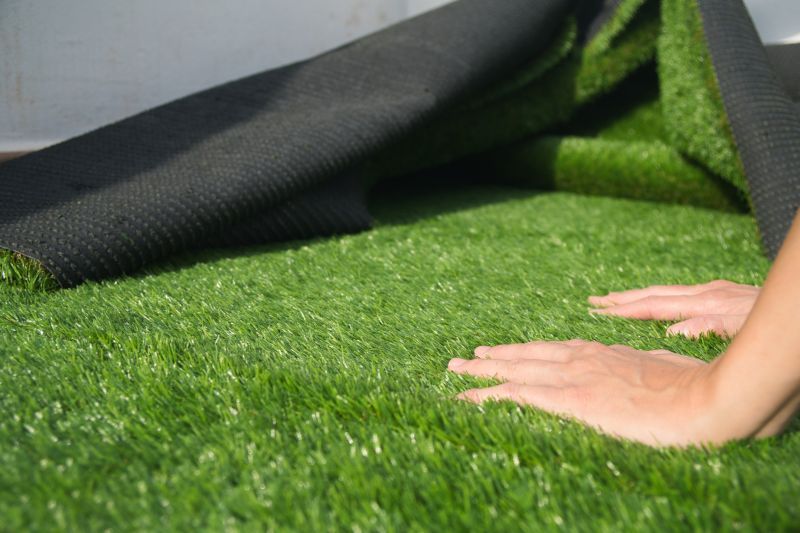
Spring offers mild weather conditions optimal for installation, reducing risks of heat stress or rain delays.
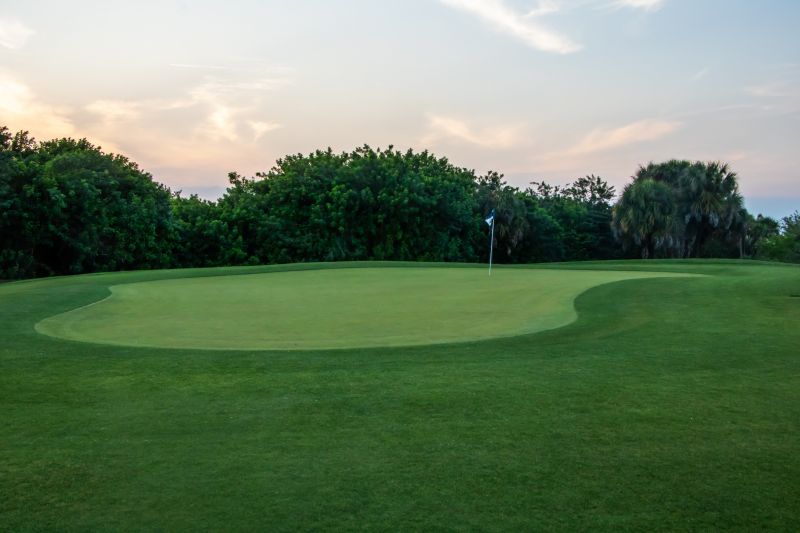
Early fall provides a comfortable climate for site prep and turf laying before colder weather sets in.
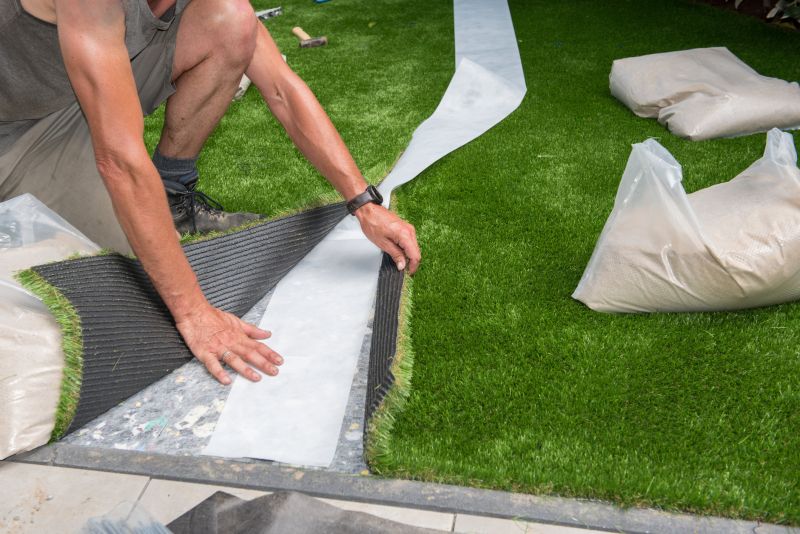
Summer requires careful planning to avoid heat-related issues, with early morning or late afternoon work recommended.
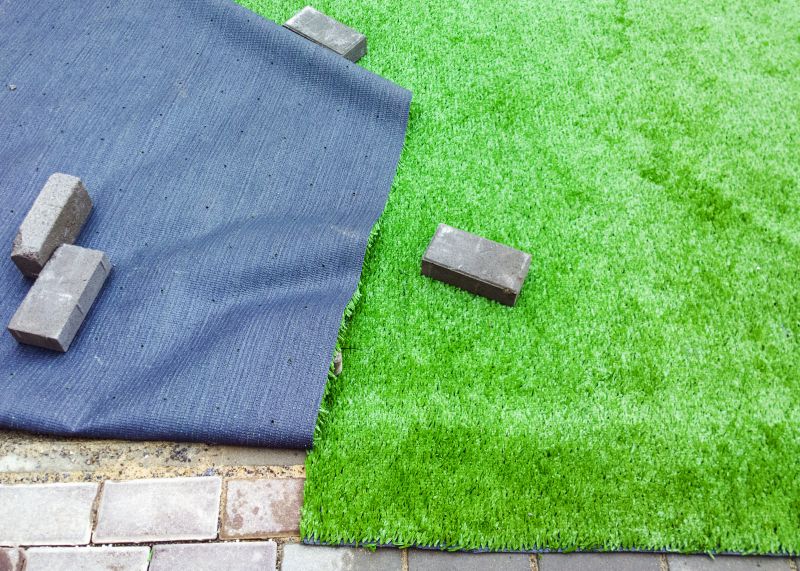
Ways to make Artificial Pet Turf Installations work in tight or awkward layouts.

Popular materials for Artificial Pet Turf Installations and why they hold up over time.

Simple add-ons that improve Artificial Pet Turf Installations without blowing the budget.
Artificial pet turf installations involve laying durable synthetic grass designed specifically for pet use. These surfaces are low-maintenance, resistant to pet damage, and provide a clean, safe environment. Proper installation includes site preparation, drainage considerations, and secure fastening to ensure longevity and optimal performance. Statistics indicate that synthetic turf can reduce water usage and eliminate the need for chemical lawn treatments, making it a practical choice for pet owners.
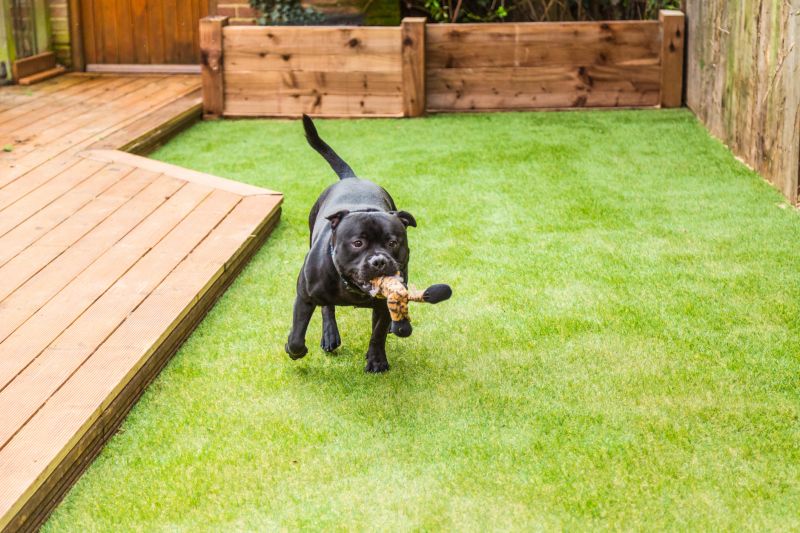
Pets enjoy a clean, mud-free surface that is gentle on paws and easy to clean.
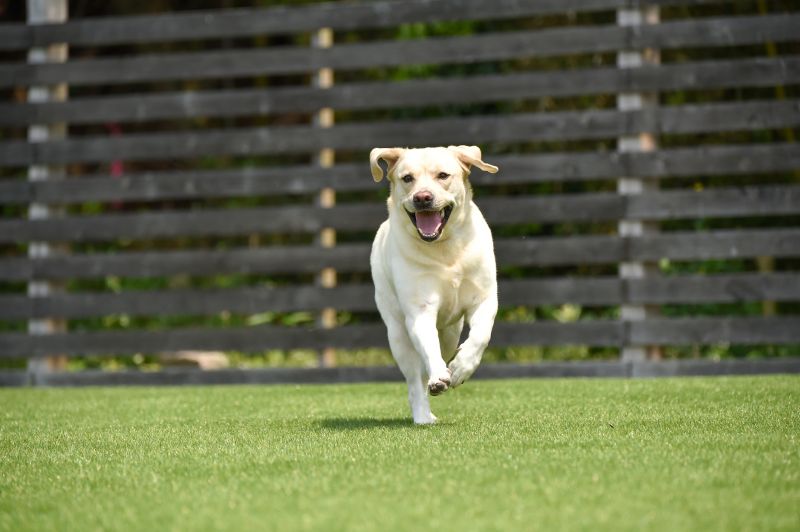
Designed to withstand pet activity, UV rays, and weather variations for long-term use.
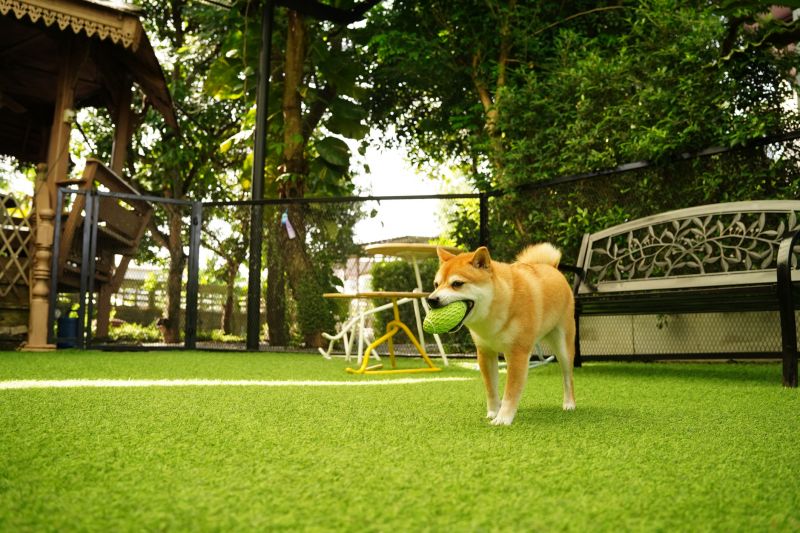
Includes perforations for drainage and antimicrobial infill to prevent odors.

Provides a safe outdoor space for pets to play and exercise year-round.
| Season | Advantages |
|---|---|
| Spring | Optimal weather, mild temperatures, minimal rain delays. |
| Summer | Longer daylight hours, early morning/late evening work recommended. |
| Fall | Cooler temperatures, ideal for site prep and installation. |
| Winter | Possible in milder climates or with temporary covers, but generally less suitable. |
| Pre-Planning | Ensures material availability and scheduling flexibility. |
Choosing the right time for artificial pet turf installation ensures a smooth process and durable results. Proper planning and seasonal considerations can help avoid delays and maximize turf lifespan. Interested parties are encouraged to contact for more information or to schedule an installation at a convenient time.
